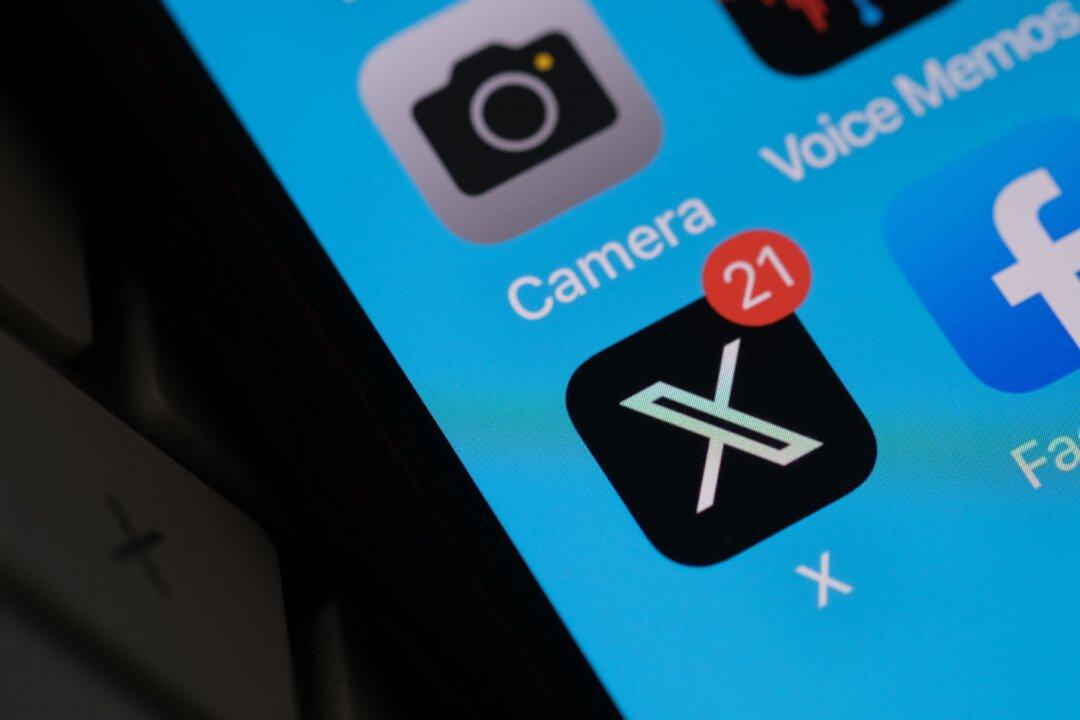Canadian trust in media is getting lower every year. Recent data from Statistics Canada indicates 53 percent of Canadians distrust news media. It’s of little wonder as legacy media outlets continue to shrink in size and demonstrate more bias as they desperately try to react to a withering market for advertising.
Government subsidies for media outlets are keeping some of them functioning, but are also decreasing public trust in those institutions. How can people trust they are receiving unfiltered news when they know the provider is beholden to the government to pay its bills?
Many citizens turned to social media influencers to get news and opinions. These online personalities may not be as polished as legacy media outlets and may not have the resources, but they offer unvarnished views and are sharing those views as concerned citizens rather than as paid reporters or partisans.Sure, those personalities hold biases, but they are genuine and just want to share information and make the world a better place, right?
A bombshell article from Blacklock’s Reporter blows up that misconception as it was found that the federal government’s Department of Health paid Twitter “influencers” nearly $700,000 in tax dollars since 2021 to promote its COVID-19 policies. Dozens of Twitter personalities were paid to parrot the government line to people and were under no obligation to disclose they were paid to do so.This method of trying to sell government policies to the public is called “astroturfing.” Just as astroturf is fake grass, accounts pretending to share their personal views when they are really sharing a paid government line are fake grassroots players.
Astroturfing is an effective if unprincipled way to create the impression of organic support for a policy or concept. It is hard to identify and can make a serious impact on public opinion.
I worked on a campaign years ago where I got to see it in action. A letter was typed up to look like it had been written by a concerned citizen. There was even some poor grammar and a spelling error or two to make it look unpolished. The printing was basic in black and white and looked like it had been done on a home computer. It expressed concern as a neighbour and encouraged people to consider supporting a particular candidate for the sake of the neighbourhood. They were delivered to more than 10,000 households by volunteers during the day and most of the recipients thought it had been personally delivered by a neighbour.
I won’t say that letter turned the election, but it was effective and feedback from people at the doors showed it made an impact. It’s not an illegal way to campaign and it’s effective both in cost and results. It is deceptive though, and isn’t a principled way to campaign. It takes advantage of a citizen’s sense of trust in their neighbours.
In using government funds on a social media astroturfing campaign, the Department of Health has taken advantage of the trust people had in fellow social media participants. It was deceptive and unprincipled. Worst of all, it shattered public trust in yet one more source of information and opinion.How many more social media accounts out there are secretly being funded by government departments?





